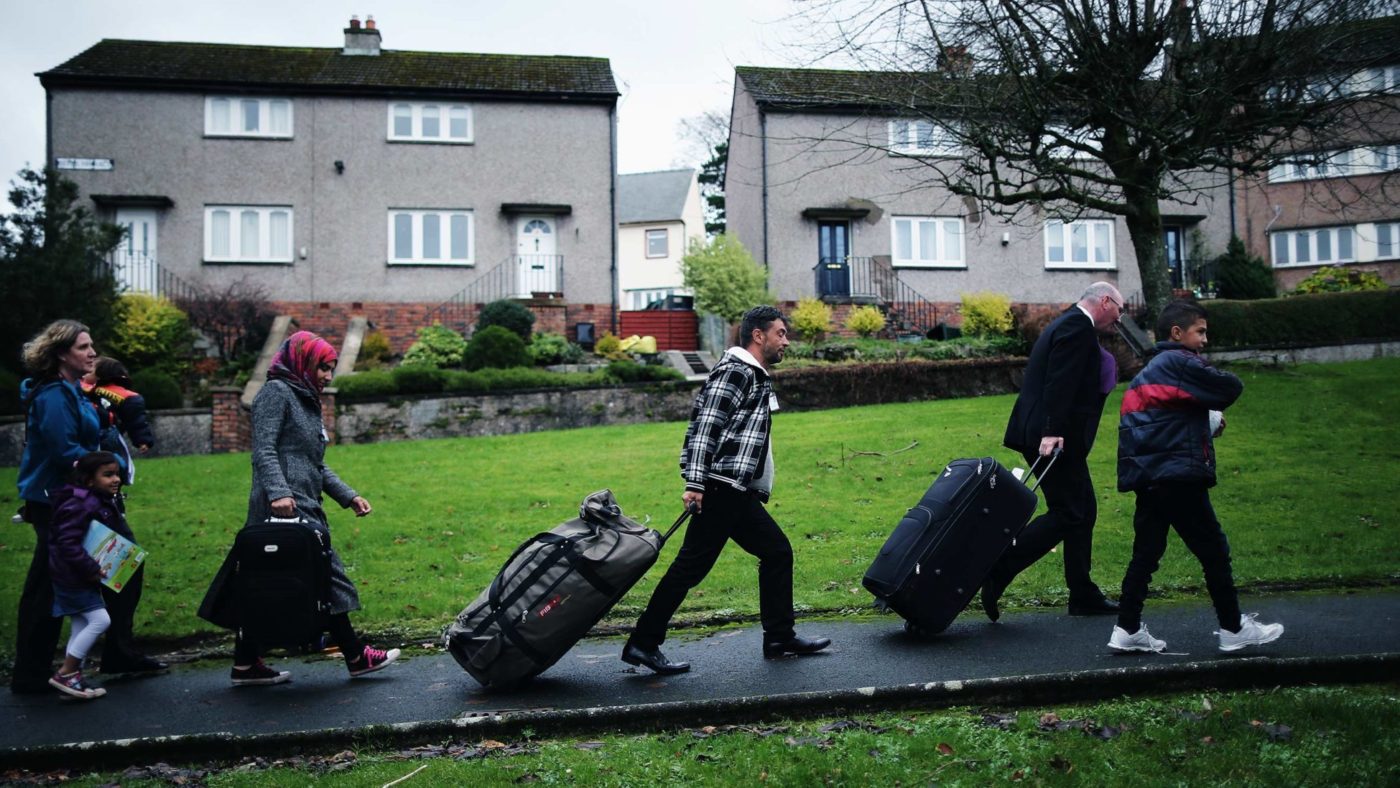Home Secretary Sajid Javid faces fresh pressure to end the ban on asylum seekers working after the Treasury demanded that the government cut bills for claimants. Right now, asylum seekers in the UK are only able to apply for the right to work after they have been waiting on a meagre £5.39 per day for at least a year.
Even those that do gain permission have their job opportunities restricted to a list of highly skilled professions included on the government’s Shortage Occupation list. Ranging from classical ballet dancers to bioinformaticians, the options are limited to say the least. No other European country, the US or Canada has such a strict waiting period for asylum seekers looking for work.
If just half of those waiting to hear on their application decision were able to work full time on minimum wage, the net benefit to the economy would be £42.4 million. And this is only the short term projection; once people are able to integrate, the numbers will only be higher and the books more balanced.
What’s more, the OECD has found that legal barriers to employment risk people resorting to illicit work. Studies have highlighted that the experience of severely exploitative labour, including forced labour, is often unavoidable for refugees and asylum seekers in order to meet the basic needs of themselves and their families.
Some 94 per cent of respondents to a survey by the Lift the Ban coalition said that they would like to work if they were given permission to do so, while 52 per cent said they had used a food bank at some point in the past year.
Nonetheless, while it is fashionable to mourn government deficits, when it comes to the crunch, many are too weak to back solutions which would fill treasury pockets, for fear of political repercussions.
Javid has delivered a stern warning to Iranians thinking crossing the channel to claim asylum in the past. “People shouldn’t be taking this very dangerous journey and if they do we need to send a very strong message that you won’t succeed…you’re coming from France, which is a safe country,” he said during a visit to Dover.
But that view isn’t inconsistent with allowing those asylum seekers that are here to provide for themselves.
A popular rebuttal to the economic case for letting asylum seekers work is that there is more to the politics of immigration than the numbers. But integration is only helped by allowing asylum seekers to provide for themselves. The workplace is the engine of integration: social assimilation is shown to go hand in hand with economic integration. People skills are rewarding; incentives to learn English and adopt cultural norms are bolstered by the prospect of promotion.
Others argue that lifting the ban would boost the incentives for more asylum seekers to come to the UK. That argument flies in the face of the fact that 72 per cent of asylum seekers had not known prior to arriving in the UK that they were not allowed to work. One study commissioned by the Home Office revealed that there is no link between economic rights and the destination choices of those seeking asylum. There is no credible evidence to support the claim that the right to work is a pull factor.
Nor is this issue a question of choosing between doing what is politically expedient and what is the right thing. Seventy-one per cent of the UK public agree with the idea of lifting the ban, so the move wouldn’t just be economically and socially beneficial but popular too.
CapX depends on the generosity of its readers. If you value what we do, please consider making a donation.


